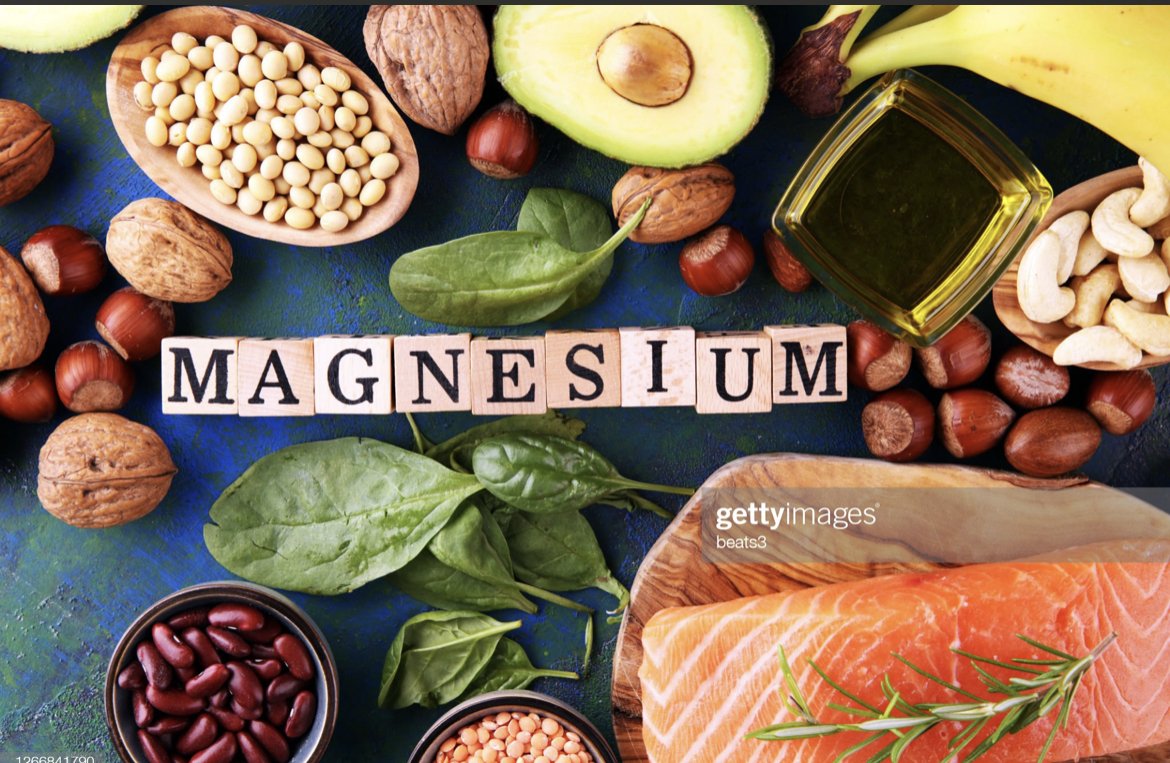If you are like the rest of the world, the recent stress of the Pandemic and the related quarantine, have got you reaching for sweet, calorie laden foods throughout the day. It’s no surprise many jokingly refer to the subsequent weight gain, as the “Quarantine 15”. But why exactly do we reach for sugary foods when we feel stressed and bored? And what can we do about it?
You could actually say we have an innate desire for sugary foods from the start, studies show even at birth we tend to prefer sweet tasting foods. This desire is re enforced by the fact that when we consume foods high in carbohydrates, we stimulate our brains to release seratonin and our bodies to release endorphins. Seratonin makes us feel good, while endorphins produce a natural '“high” or calming effect. In addition, when faced with stress, our bodies go into fight or flight mode looking for quick energy, and sugar is the best source of that quick energy. Bingo! During times of stress we turn to sugary foods, our natural preference, in order to help us become calm and happy, and physically prepared in the face of stress. However, the occasional consumption of sugar in itself is not a health risk and does not lead to weight gain. Instead, as we deal with long term stress and find ourselves reaching for sugary foods, we only crave more of these foods and it becomes a vicious cycle. Does all this mean that we are doomed to perpetually reach for foods high in simple carbohydrates? Not if we put mind over matter and make a conscious effort to reduce these cravings. But how?
Start by trying these tips for avoiding sweets when the craving hits:
Try Walking Away, Literally Not only will it take you away from sugary foods, it will take your mind off of them. Exercise also produces mood boosting endorphins, replacing the need for sugar to do the job.
Have Some Fresh Fruit Although fruit contains natural sugar, it also contains fiber that can reduce spikes in blood sugar. When your blood sugar spikes and then drops quickly, you crave sugar again.
Chew Some Gum Chewing gum has been shown to reduce the desire to eat.
Give Yourself a Limited Pass If you must have something sweet limit the portion. Try a mini candy bar, one small cookie, a pre-portioned cup of ice cream. Moderation is key. And sometimes not eating what you really desire will only lead to feelings of deprivation and later bingeing on sweets anyway.
Fill Up On “Sweets” By Combining Healthy Items Such as dark chocolate chunks mixed with nuts or in yogurt, or try fruits such as strawberries or bananas dipped in dark chocolate. This will make you feel fuller without having a large portion of just sugar.
And To Curb Your Sugar Cravings Long Term:
Eat Regular Meals When you go long hours without eating your blood sugar drops, making you crave sugar as a quick source of energy. Instead eat healthy meals every four hours during the day.
Go Cold Turkey Avoid all sources of sugar, including foods with added sugar, for 48 hours. This has been proven to reduce cravings in many.
Eliminate Even Artificial Sweeteners Foods sweetened with sweeteners such as Nutrasweet, Splenda, Aspertame, Sorbitol, to name a few, actually lead to cravings for sweets. Best to avoid these all together, be sure to read labels for these hidden ingredients.
Clean Out Your Pantry and Keep It That Way If you do not have easy access to these foods, you will think twice before running to the store when a craving hits.
Use Stress Reducing Strategies Take a yoga class and use the relaxation techniques whenever you feel stressed. Develope a regular exercise routine, even walking daily after work (a source of many people’s stress). Enlist a friend to talk to and elevate your mood, when you feel stressed or depressed. Seek professional help such as a dietitian, to help you discover food triggers and learn what foods with hidden sugars to avoid, or a psychologist to help you deal with depression and anxiety.
Use Non Food Rewards Get yourself that cute sweater, those shoes or any other item you desire after avoiding sweet foods for an extended period. After all, you probably saved a few dollars by not buying these foods. You could even put a dollar aside every time you make good choices in the face of sugar cravings, in no time you will be able to buy something you felt was too expensive to buy on a whim.
If you find it difficult to control your sweet cravings after implementing any of these strategies, try a combination of a few until you see results. And remember, I am available to help you plan for healthier choices and to develop behavioral prescriptions to help dodge those cravings. Just schedule an appointment with me, your success is my success.













